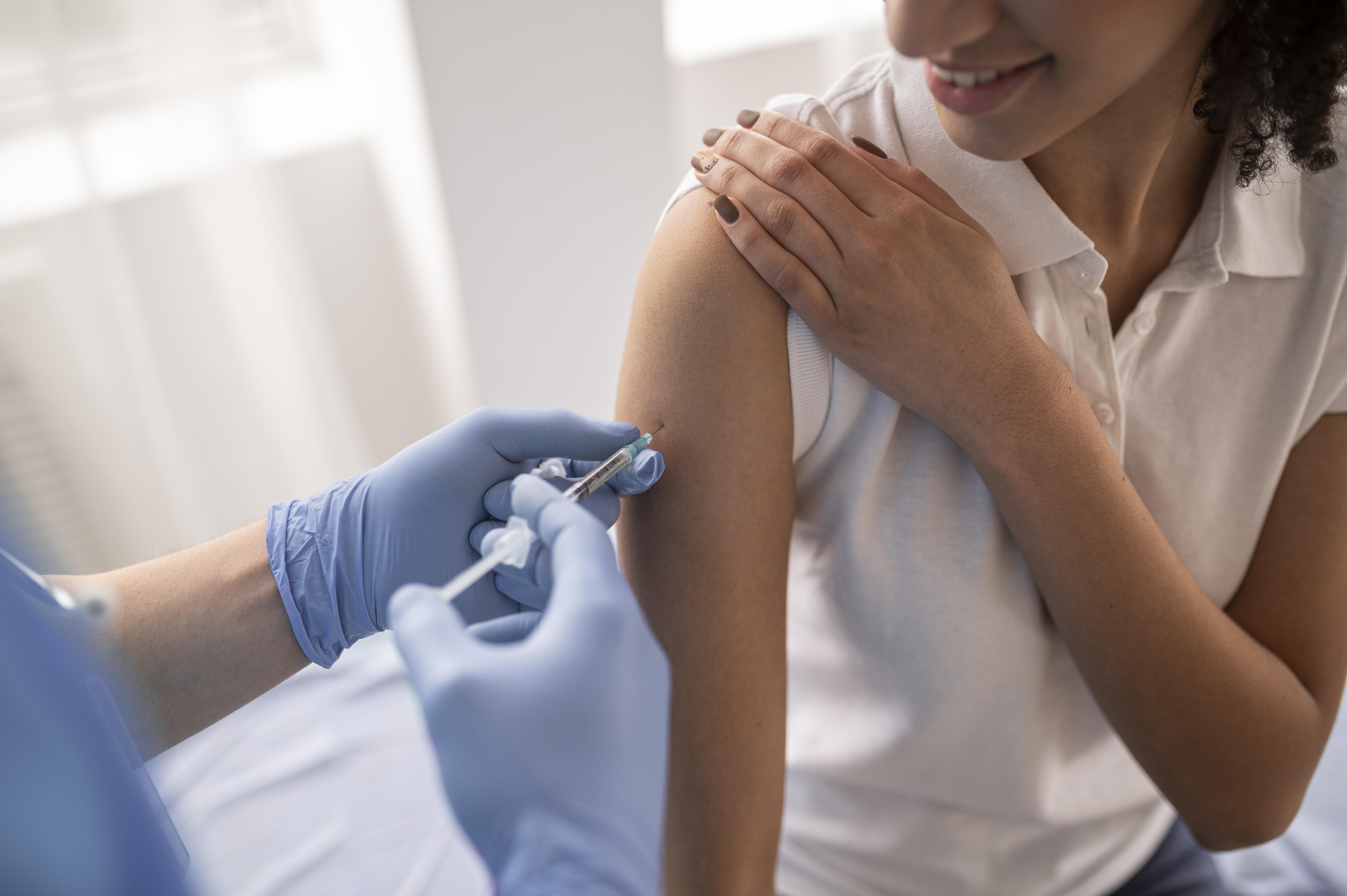WASHINGTON (March 25, 2024) — PATH and the George Washington University, in partnership with several universities and research organizations in the Democratic Republic of Congo, Niger, Pakistan, and Somalia, were awarded a $5 million, five-year award by the Bill & Melinda Gates Foundation to establish a Learning Consortium focused on routine immunization in conflict-afflicted and under immunized settings. The learning agenda will be focused on identifying routine immunization results, exploring how routine immunization programs operate, what challenges and opportunities for improvement they face, and explaining why they work or not. Such learnings will be iteratively shared with domestic decision-makers, global stakeholders, and partners who are working in routine immunization programs in other conflict-afflicted and under immunized settings.
Since the 1950s, there has been a 99% reduction in polio cases, and during 2023 there were only 12 cases of wild poliovirus in the entire world. However, polio remains a challenge in countries with inequitable access to routine immunization services for children. Wild poliovirus continues to circulate in ten conflict and post-conflict countries, and vaccine-derived polioviruses have created a novel threat in such settings.
Stopping polio transmission requires strengthening effective coverage of routine immunization in high-risk countries and ensuring that vaccination programs miss no children, but countries need stable health systems with strong routine immunization services if they are to increase vaccine coverage and permanently stop the spread of polio. To address such issues, in 2019 the Bill & Melinda Gates Foundation launched a program focused on improving routine immunization for children in subnational areas of ten conflict-afflicted and under immunized settings. This Learning Consortium will support these routine immunization strengthening efforts to identify results, understand how routine immunization programs function and what challenges and opportunities for improvement exist, and explain what is working, what is not and why.
“At PATH, we focus on supportive partnerships with national and subnational governments and local partners to identify and tackle complex problems, increase access to evidence-based interventions, and improve health equity,” said Saira Nawaz, Project Director, Health Systems at PATH.
“Children everywhere deserve to live healthy lives, and routine immunizations are a proven intervention that protects them from diseases that can have a negative impact on their futures, said Nikolaj Gilbert, PATH President and CEO. “We need a stronger understanding of the barriers and opportunities that exist in conflict areas and other low-coverage settings and this learning partnership will generate data that shares how we can improve equitable access to immunization coverage.”
Despite progress in reducing the number of polio cases, polio eradication has remained elusive with wild poliovirus transmission continuing in the conflict-afflicted and under immunized regions of Pakistan and Afghanistan and recent polio outbreaks in those two countries, plus the Lake Chad basin in the Democratic Republic of Congo.
“The new program’s focus on learning we hope will boost vaccination rates in high-risk countries,” said Wolfgang Munar, associate professor of global health at the GW Milken Institute School of Public Health. “We expect the participatory nature of this program, the timely production of evidence, and the closeness to domestic and global partners to contribute to visible improvements in children’s health.”
For media inquiries, please contact Kathy Fackelmann kfackelmann![]() gwu [dot] edu (kfackelmann[at]gwu[dot]edu) or Amy Dempsey adempsey
gwu [dot] edu (kfackelmann[at]gwu[dot]edu) or Amy Dempsey adempsey![]() path [dot] org (adempsey[at]path[dot]org).
path [dot] org (adempsey[at]path[dot]org).
For more information about the project, please contact Saira Nawaz, snawaz![]() path [dot] org (snawaz[at]path[dot]org).
path [dot] org (snawaz[at]path[dot]org).


